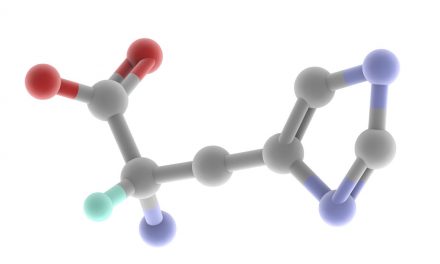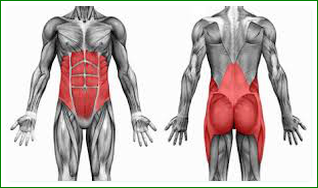Vitamin B6, also called pyridoxine, is a water-soluble vitamin that is found in a variety of forms. There are three different forms of vitamin B6: pyridoxine, pyridoxamine, and pyridoxal. Pyridoxal 5′-phosphate (PLP) is the most active form as a human vitamin.
Vitamin B6 main functions

Food Sources of Vitamin B6
Vitamin B6 serves as a cofactor (coenzyme) in many enzyme reactions in protein, glucose, and lipid metabolism.
Vitamin B6 helps the body to:
- Make antibodies;
- Maintain normal nerve function;
- Make hemoglobin – Hemoglobin carries oxygen in the red blood cells to the tissues. A vitamin B6 deficiency can cause a form of anemia;
- Break down proteins – The more protein you eat, the more vitamin B6 you need;
- Keep blood sugar (glucose) in normal ranges.
Vitamin B6 is involved in gluconeogenesis (metabolic process by which organisms produce sugars) and glycogenolysis (the breakdown of glycogen to glucose), immune function, and hemoglobin formation. It is involved in the process of making serotonin and norepinephrine, which are chemicals that transmit signals in the brain and affect mood. It is also involved in the formation of myelin, a protein layer that forms around nerve cells. The body cannot store them. Leftover amounts of the vitamin leave the body through the urine. That means you need a continuous supply of such vitamins in your diet.
Food Sources
Vitamin B6 is found in a wide range of foods including meats, breakfast cereals, vegetables and fruits. Major sources of vitamin B6 include cereal grains, legumes, vegetables (carrots, spinach, peas, and potatoes), milk, cheese, eggs, fish, liver, meat, and flour.
Cooking, storage, and processing losses of vitamin B6 vary and in some foods may be more than 50%, depending on the form of vitamin present in the food.
It is often used with other B vitamins in vitamin B complex formulas.
Deficiency of Vitamin B6
Dietary deficiency is rare. Secondary deficiency may result from various conditions. Vitamin B6 deficiency in adults may cause health problems affecting the nerves, skin, mucous membranes, and circulatory system. In children, the central nervous system is also affected. Deficiency can occur in people with kidney failure complications, alcoholism, liver scarring, overactive thyroid, problems with absorbing nutrients, and heart failure, as well as those taking certain medications.













